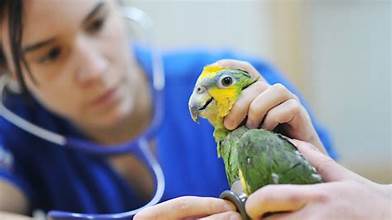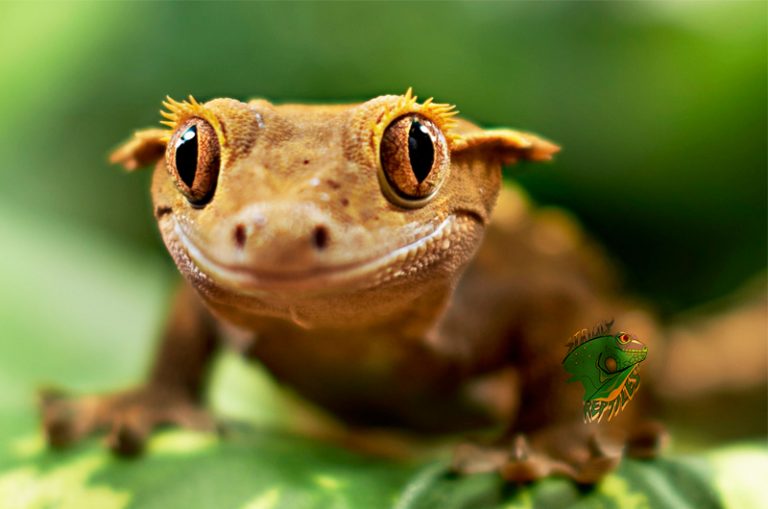Owning an exotic pet is not just a responsibility; it’s a unique bond that brings immense joy. Understanding common health issues and finding a qualified veterinarian is crucial for ensuring your pet’s well-being and strengthening this special bond.
Common Health Issues in Exotic Pets:
- Dental Problems:
Dental disease is prevalent in many exotic pets, including reptiles, birds, and rodents. Poor oral hygiene can lead to tooth decay, abscesses, and eating difficulty.

- Signs:
Excessive drooling, difficulty chewing, weight loss, and bad breath.
- Parasites:
Internal and external parasites can cause serious health problems.
- Internal:
Roundworms, tapeworms, and coccidia can weaken your pet and even be fatal.
- External:
Mites, fleas, and ticks can cause itching, hair loss, and skin infections.
- Malnutrition:
Improper nutrition is common, especially in herbivorous and omnivorous species.
- Signs:
Weight loss, lethargy, poor growth, and abnormal droppings.
- Respiratory Infections: Respiratory infections are common in birds and reptiles.
- Signs:
Difficulty breathing, sneezing, coughing, and nasal discharge.
Finding an Exotic Veterinarian:
Finding a veterinarian experienced with exotic animals is crucial. Here are some tips:
- Ask for Recommendations:
Contact local animal shelters, rescue organizations, and other exotic pet owners.
- Online Resources:

Use reputable online directories and review sites to find qualified veterinarians.
- Contact Veterinary Schools:
Veterinary schools often have clinics caring for exotic animals.
- Interview Potential Veterinarians.
Ask about their experience with your specific species, diagnostic and treatment options, and patient-care approach.
Preventive Care:
- Regular Checkups:
Even if your pet appears healthy, getting regular checkups with your veterinarian are not just a routine. They are a proactive step toward ensuring your pet’s well-being and your role as a responsible owner.
- Proper Diet:
Providing a species-appropriate diet and ensuring access to clean water is not just a task. It’s a powerful tool that you, as a knowledgeable owner, can use to empower your pet’s health and well-being.
- Preventative Medications:
Discuss the use of preventative medications for parasites with your veterinarian. These medications can help prevent infestations and the health issues they can cause, ensuring your pet’s well-being.
- Enrichment:
Providing mental and physical stimulation to prevent boredom and stress-related health issues.
Remember:
Early detection and treatment are key to managing health issues in exotic pets. By being proactive and seeking the guidance of a qualified veterinarian, you can ensure a long and healthy life for your beloved companion.





Pingback: How to Help Your Shy or Aggressive Exotic Pet - Positvley Pets